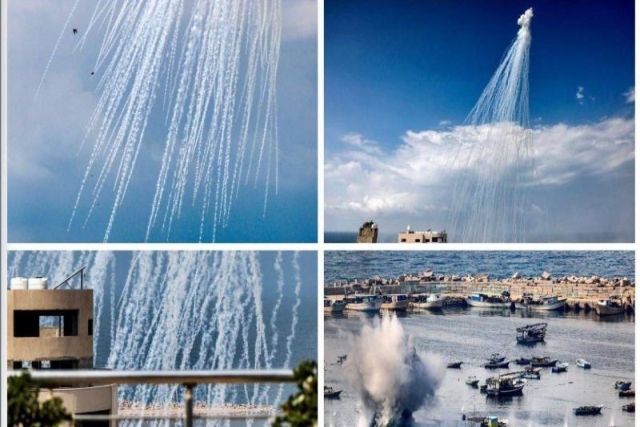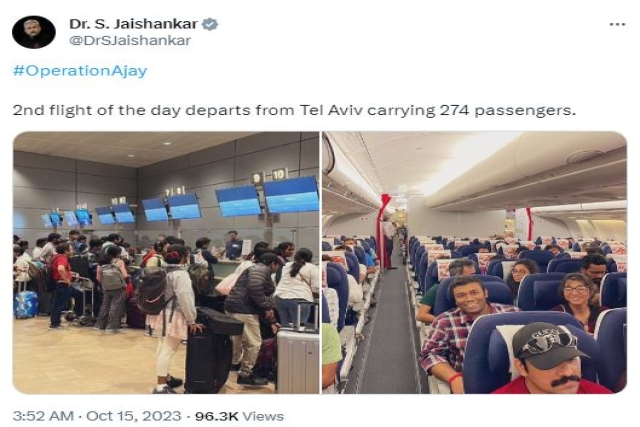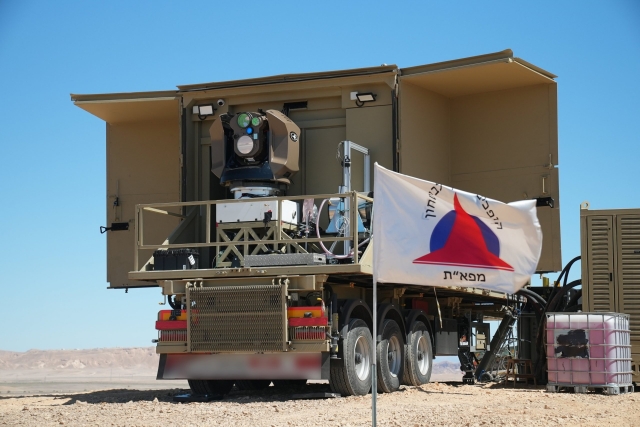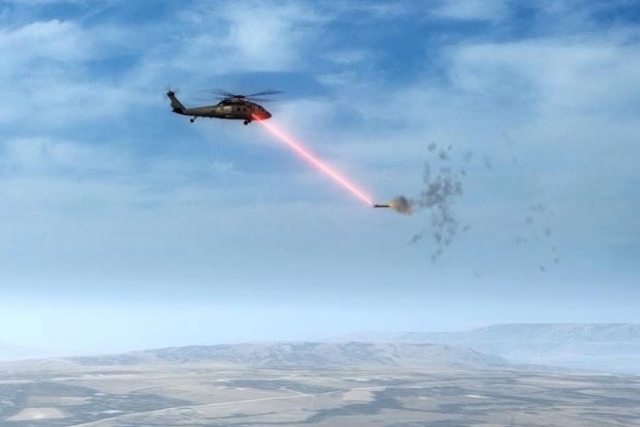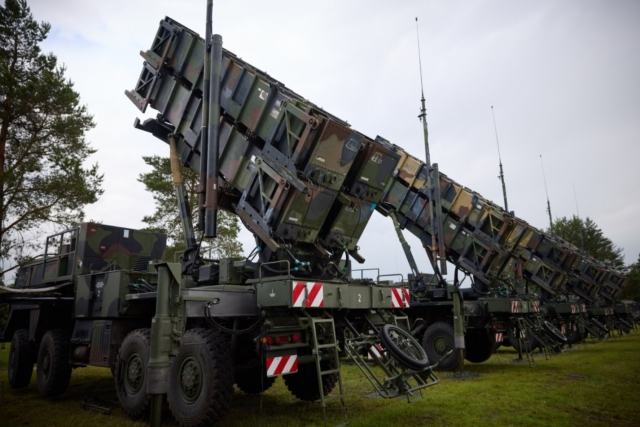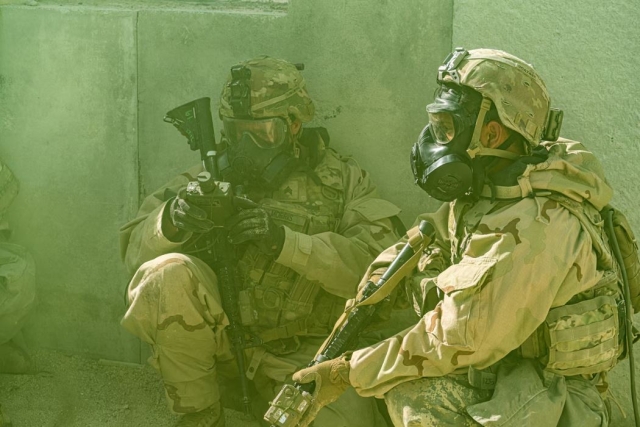Israeli Intelligence Confused News of Hamas Operation as Exercise by Palestinian Armed Groups: Tasnim News
In the conflict's early hours, around 800 Palestinian fighters infiltrated from 80 locations, accessing 20 towns and 11 Israeli military bases
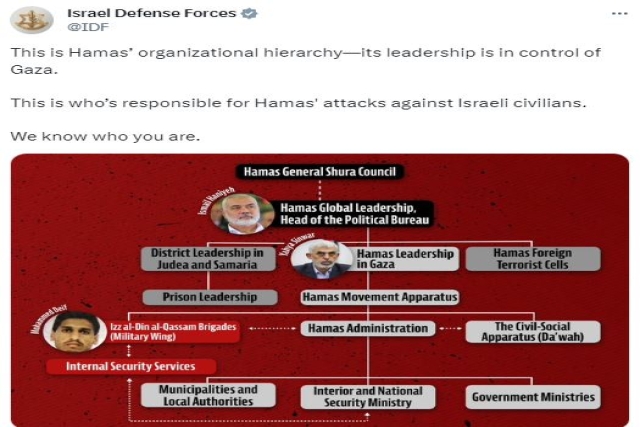
Israeli Intelligence agencies misinterpreted initial reports of suspicious movements near the Gaza border as exercises by Palestinian armed groups.
Iran's Tasnim News has pieced together events that led to the Al-Aqsa operation by Hamas on October 7 based on information gathered by its 'Hebrew Desk.'
Israel's Shin Bet (Shabak) received intelligence about Palestinian forces near the Gaza border wall just before the Al-Aqsa storm operation began on October 7 at around 6:30 AM. Shin Bet Director Ronen Bar was alerted at 2:00 AM, and the information was initially shared with high-ranking military officers. When the significance of the news was downplayed by the Chief of Staff, Shin Bet took direct action.
While the assessment of the army and Shin Bet primarily focused on the possibility of military exercises by the Palestinian Resistance groups, Shin Bet sent a team of seven operatives, known as the "Tequila Team," in two groups to specific locations in Gaza. Both groups arrived around 5 AM and were ambushed by Hamas forces, resulting in the neutralization of all Tequila Team members. Additional assistance was requested from the special police unit "Yamam," whose team also faced casualties in clashes with Hamas.
The first report was provided to the head of the Prime Minister's Military Office at 6 AM, who subsequently informed Benjamin Netanyahu. Netanyahu arrived at the government building at 7:30 AM. Ten Shin Bet personnel were killed during the operation, the report said.
This intelligence failure occurred despite prior reports of Hamas preparations for the Al-Aqsa storm operation over the course of a year. As per the report's findings, in the initial hours of the conflict, an estimated 800 to 1000 Palestinian fighters managed to breach the occupied territories by infiltrating from 80 diverse locations, successfully entering 20 towns and gaining access to 11 military bases that were under the jurisdiction of the Israeli army.
Ronen Bar, the Director of Shin Bet, publicly accepted responsibility for the intelligence failure, acknowledging the difficulties in providing sufficient warning during the wartime situation. "Despite the measures we took, on Saturday, we were unable to provide sufficient warning and thwart the enemy's attack…. but for now, it is a time of war, and investigations will come later,” he was quoted as saying by media reports.

